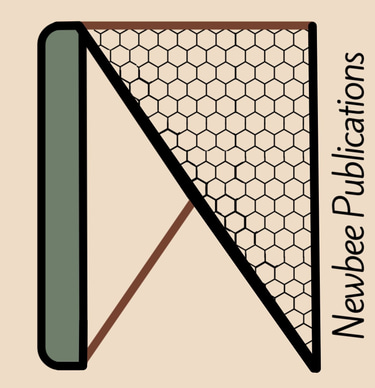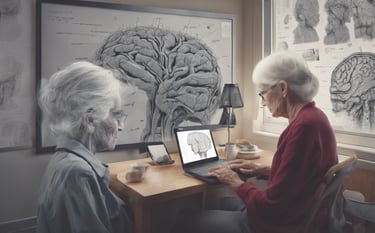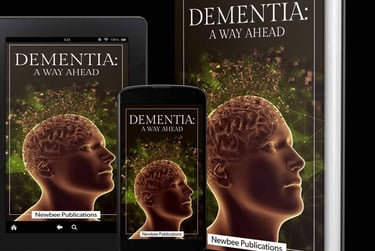Digital Dementia
Digital Dementia: Unmasking the Impact of Technology on Cognitive Health: In an era dominated by technology, where screens are an inseparable part of our daily lives, a new phenomenon has emerged—digital Dementia. This term, coined to describe the cognitive consequences of excessive digital device usage, highlights the growing concern surrounding the impact of technology on our brains. As we delve deeper into the digital age, it becomes imperative to understand the nuances of digital dementia and explore ways to mitigate its effects.
Defining Digital Dementia: Unravelling the Connection
Digital Dementia refers to the cognitive decline observed in individuals who are heavily reliant on digital devices. The term encompasses a range of symptoms, including memory problems, shortened attention spans, and diminished cognitive abilities. While the concept may sound alarming, understanding the root causes is crucial for devising strategies to safeguard our cognitive well-being.
The Brain-Technology Tango: How Screens Affect Cognitive Function
Our brains are marvels of complexity, adapting to the environment and experiences we expose them to. The omnipresence of screens in our lives, from smartphones to computers, has altered the way our brains function. Excessive screen time has been linked to decreased grey matter density in areas associated with memory, emotional control, and cognitive function. One of the key culprits is the constant barrage of information and stimuli that digital devices deliver. The brain, in an attempt to multitask and process this influx of information, becomes overburdened, leading to cognitive fatigue and a decline in overall mental performance.
The Impact on Memory: From Information Overload to Forgetfulness
Memory, a cornerstone of cognitive function, is not immune to the effects of Digital Dementia. The constant stream of notifications, emails, and social media updates bombards our working memory, compromising its ability to retain and recall information. This digital onslaught can result in forgetfulness and an increased reliance on external devices to store information.
Attention Span Shortened: The Erosion of Focus in the Digital Age
In the age of instant gratification and quick information consumption, our attention spans are paying the price. Digital Dementia manifests as a shortened attention span, making it challenging for individuals to concentrate on tasks that require sustained focus. The constant switching between screens and apps conditions the brain to seek novelty, hindering the development of deep, concentrated thought.
Guarding Against Digital Dementia: Strategies for Cognitive Well-being
While the prevalence of digital devices in our lives may seem inevitable, adopting mindful practices can help mitigate the impact of Digital Dementia. Here are some strategies to safeguard cognitive well-being:
Digital Detox: Embrace regular breaks from digital devices. Designate specific times to disconnect and engage in activities that promote mental relaxation, such as meditation, outdoor walks, or reading a physical book.
Limit Screen Time: Establish boundaries for screen time, especially before bedtime. The blue light emitted by screens can interfere with sleep patterns, affecting cognitive function. Create a technology curfew to allow the brain to unwind before sleep.
Cultivate Analog Habits: Rediscover the joy of analog activities, such as writing with pen and paper, solving puzzles, or engaging in hands-on hobbies. These activities stimulate different parts of the brain and provide a welcome break from digital stimuli.
Mindful Consumption: Be conscious of the content you consume. Limit mindless scrolling and prioritize meaningful interactions. Engage in activities that stimulate cognitive function, such as learning a new skill or pursuing a hobby.
Physical Exercise: Regular physical exercise has been linked to improved cognitive function. Incorporate physical activity into your routine to enhance blood flow to the brain and promote overall brain health.
Conclusion: Balancing the Digital Equation
Digital Dementia serves as a wake-up call, urging us to reassess our relationship with technology and its impact on our cognitive health. By adopting mindful habits and striking a balance between the digital and analog aspects of our lives, we can navigate the digital age while preserving our mental acuity. As we tread into an increasingly digital future, let us strive for a harmonious coexistence with technology—one that nourishes our minds and sustains our cognitive vitality.




